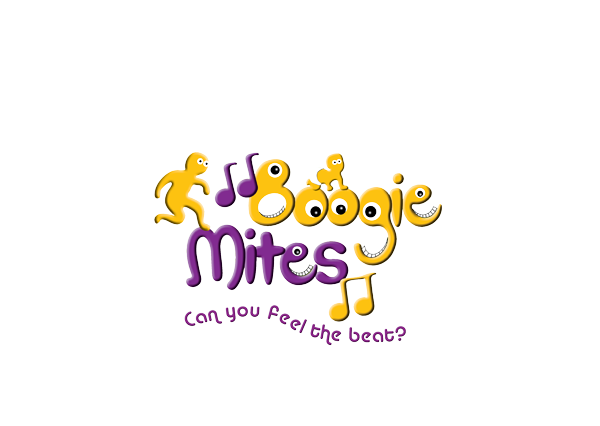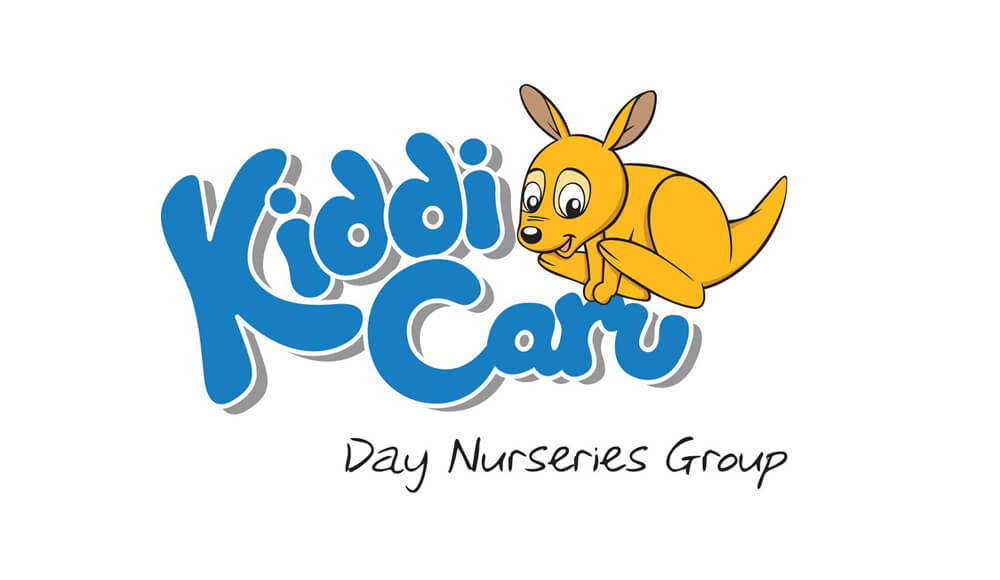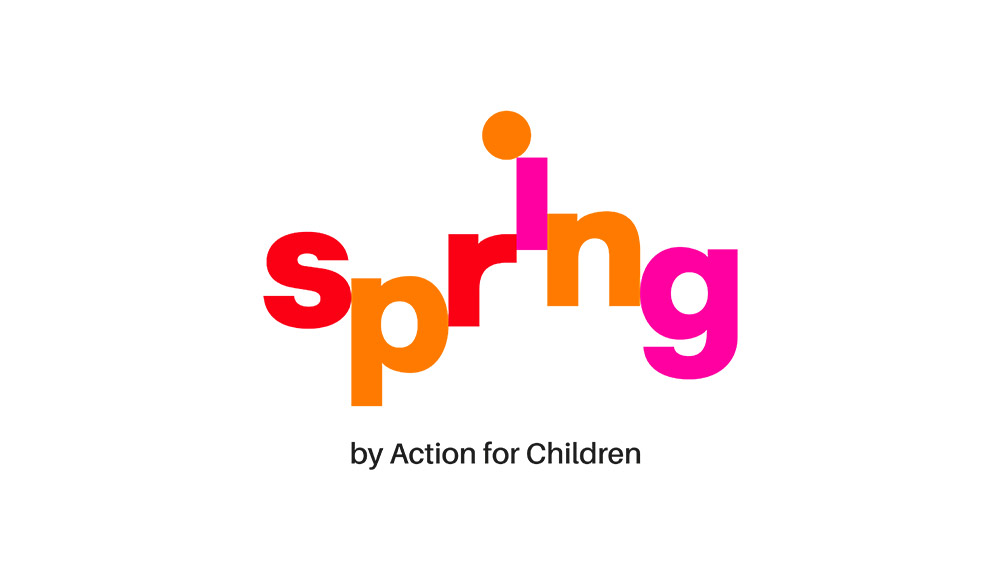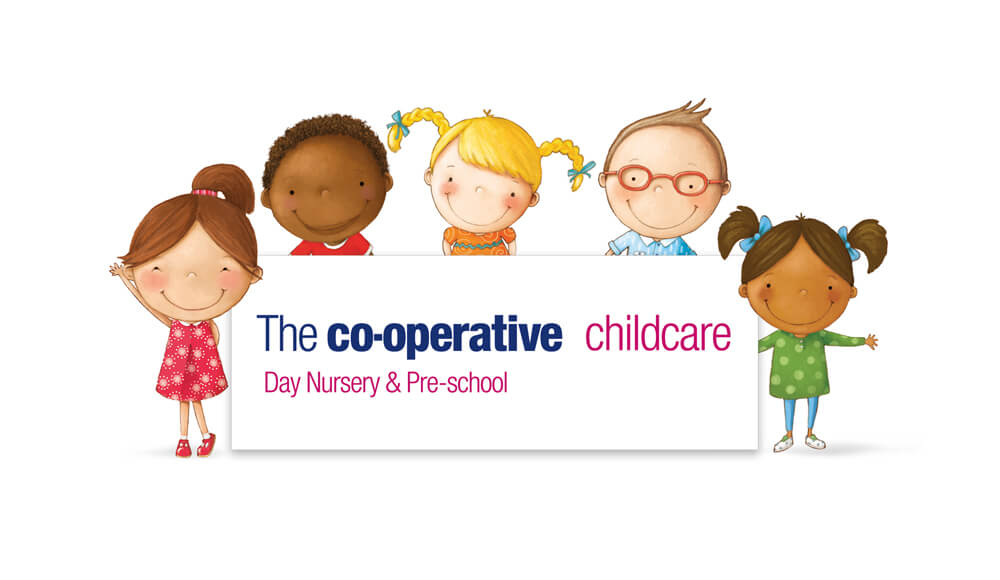Our Story
Boogie Mites sprang from Harriet’s love of music. A singer-songwriter, Harriet wrote songs for her daughters and soon developed music workshops for young children. When Sue brought her son to class one day, a partnership was born. Read more about Harriet, Sue and the Boogie Mites story:
Our Methodology
Developed over 20 years of feedback from early years children, parents, teachers and advisors, informed by evolving neuroscience evidence and continual evaluation of our work.














